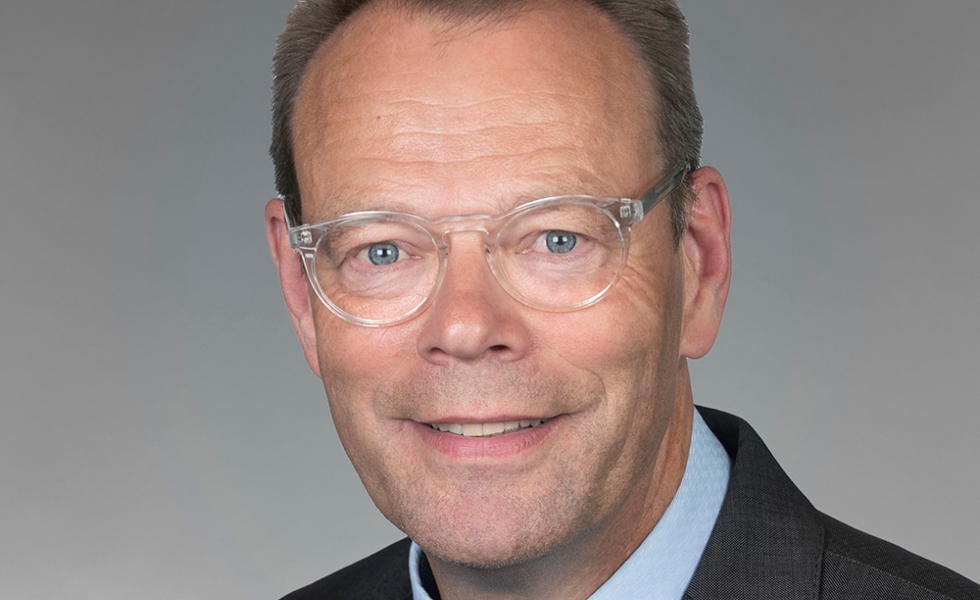Dick Kamp: Risk management and the importance of distance
Dick Kamp: Risk management and the importance of distance

By Dick Kamp, Director Pension, Investment and Risk at Milliman Pensioenen
If you want to achieve something, focus is important. That is, formulating a clearly defined objective, allocating the right people and resources and using a structured process to achieve the desired result. So far so good.
Because we don't live in an ideal world, an objective may not be realistic or appropriate, or there may be problems with people, resources or process. Unfortunately, this happens all too often. Is this bad? No, this is a fact of life. After all, we live in a dynamic world and we are not omniscient. I try to avoid the word chaotic because of its negative connotation. Think neutrally about the word chaotic and translate it to the world as you know it.
Stay alert
If we realize this, then it follows that it is important to always stay alert. The risk manager plays an indispensable role in the governance of pension funds (and other financial institutions). Just as the court jester at the court used to be able to say anything to the king, this now applies to the risk manager. His role is to think against the grain and use the necessary humor. At the same time, the court jester was about the most knowledgeable person. His insights were therefore very important. The insights of the risk manager are also, and at the very least they make you think.
The risk manager is not the only one who is alert. These are, of course, primarily the directors and the people of the administrative office. Alertness is fueled by a number of elements. Think of past experiences: where did things go wrong in similar situations? Or expertise: what knowledge and insight do you have of the critical aspects? Listening to other experts is also important in being alert.
Take a step back
In this column I would like to draw attention to the importance of distance as a means of being alert. Taking a step back gives you the space to look at things again. You can distance yourself in different ways. In fact, distancing is ingrained in our lives. After all, we have weekends off, we go to museums, we read, we do sports, and occasionally we go on vacation. All forms of physical and mental distancing.
Our brain is dynamic and constantly changing as a result of what we experience. By realizing this you also give yourself the space to step outside previously set lines of thought. As a result, you can (and must) also look again at what the focus was on. Ask yourself, is it still right? Are we doing it the right way. Do we need to adjust something? Shall I ask my colleague about this? How does he look at this now?
Better to turn around halfway…
Going back on earlier decisions is sometimes wrongly seen as a weakness. It is not for nothing that we know the Dutch proverb 'better to turn around halfway, than to get lost completely'. And no, this is really not a warp and weft. But if the fund is facing major decisions and there are important long-term and far-reaching projects, it is important to consciously distance yourself. By making use of the distance and the resulting fresh perspective, the process improves. This increases the chance of getting where you want to go.
Director, risk manager, administrative office employee, did you have a good holiday and what are you going to do now?
This is the nineteenth column in a series on risk management. The series aims to excite the reader and consider risk management as an integral part of running a pension fund.
